The problematic of nationhood has changed. If earlier, at least in the sphere of academics, the exegetical and discursive question of what is a nation was considered relevant, now the emphasis is on “whose nation?” Such a juridical, almost authoritative, question has become important. And finally, who sings the nation? Judith Butler, Gayatri Chakravorty Spivak and M.S.S. Pandian have raised these questions in different contexts.
Similarly, the language used to understand the nation has also undergone a change. Thus, one hears rather disturbing expressions such as “Who owns the nation?” “Whose property is the nation?” “Who controls the nation?” and “Who defines the content of the nation.”
What do we mean by a democratic nation? The term “we”, of course, is different from the republican “we”, which in its normative intent signifies the democratic aspirations of the inclusive “WE.” Thus, the realization of democratic aspirations offers the rationale for being part of the nation.
NATION AS A RATIONAL DOMAIN
There are two ways of experiencing the nation. One is the rational way. This is a problematic area. Can one experience the nation with rationality? Experience by itself is emotional. I argue that rationality is a point or a window through which you can actually experience the nation. The rationality of the nation lies in the democratic conception of the people. By participating in the development of the nation, we get an experience of the nation, and there is a rational basis for this. An individual cannot be free of the nationalist context, but she/ he can be free within such a context. You can start avoid being in the nation. Is it a fait accompli? Is it a bonded framework within which you have to exist?
A legendary Marathi philosophical poet Namdheo Dhasal has said, “I don’t want to run away from the nation, I want to change the nation.” That should be the focus and priority for both your agenda and mine. To be in the nation is a rational challenge that I have to accept.
It is also rational for citizens to belong to a nation to stake claim over constitutional rights, which, for their actual exercise, do require the framework of a nation. A rationally unified, standardized (unified because of possession of equal rights) category of citizenship enables citizens to establish their claim over the nation by correspondingly exercising their freedom to claim control of a set of rights given to them by the Indian Constitution. Can you exist without rights? If you decide to exist without rights outside the nation, you have no existence at all. Your personality is based on your possession of rights.
Because of the possession of rights, you also have the capacity to place yourself in the process of development, determining where you stand in terms of exercising those rights. Where is your location, where do you stand? This is the question that can be raised with the language of rights. If you do not speak about the language of rights, you cannot have a sense of your location. It is essentially a very liberal notion of nation.
Poverty, freedom and health indices are prepared with particular reference to the conditions of people inhabiting a nation. There is a rationale in preparing these indices because of the language of rights.
Thus, different sections did adopt a rational position and rallied round the liberal conception of a nation that was seen to be providing space for freedom to fill a sense of normative meaning of dignity in their lives, which otherwise were caught in the paradox of anxiety and aspiration. Dalits, Adivasis, minorities, and women have experienced this anxiety. Yet they rallied around the nation because of the promise it held.
We shall in the following section see whether the most socially marginalized, and communally tormented sections, such as Dalits, Adivasis, minorites, and women have been able to wriggle out from the persisting paradox.
Even rights-bearing citizens are subjected to degrading experiences. Ironically, it is within the framework of electoral democracy that such experiences of degradation and humiliation are played out. The idea of a democratic nation thus gets increasingly replaced by the idea of a folk nation which exists in the pre-constitutional sphere and implies a latent or manifest potential for degrading other people as inferior, second-class citizens. The contempt for the other, which is expressed with intense arrogance and a deep sense of hatred and rage, becomes expressive in statements like: “We do not require your votes.” By refusing to recognize some members as equal citizens of the nation, and condemning them to political insignificance, members of the majority community arrogate to themselves the power to inflict humiliating judgments outside the constitutional framework. Much more seriously, such a denial suggests that “second-class citizens”, because of their reduced political status, are unable or incapable to determine the normative meaning and substantive content of citizenship. This is the greatest psychological damage that can be inflicted on people who are not considered as “pure citizens.”
It is the socio-religiously dominant community that establishes its preponderance over the meaning and content of citizenship. They sit in legislative judgment, producing a morally offensive hierarchy in the category of citizenship as first-class citizens, second-class citizens, and so on.
Religious prejudice rather than Indian Constitution is taken up as the base line for measuring the value of national citizenship. Who decides this? Not the Constitution, but pre-constitutional, folklorist nationalists.
Put differently, those who seek to reduce members of marginalized communities to second-class citizens exercise an arrogant sense of discretion that indirectly threatens to accept the dominant description of the other. Their decision to give you second-class citizenship could be called an irony of generosity. It is an irony in the sense that, instead of canceling out members of the minority community from the framework of nationalist citizenship, it seeks to maladjust them to a nationalist framework by suggesting, “You may exist not on constitutional principles and moral terms that you share with others, but based on our generosity and sense of courtesy.”
Some people arrogate to themselves the power to keep others on constant probation, suggesting “You are not yet a citizen.” There is a temporality involved. Finding oneself constantly on probation creates a deep sense of inferiority, implying that certain people can exist as citizens only on the discretion of the majority. Members of the marginalized communities are often subjected to the frustrating experience of being forced to prove their nationalism. True citizenship should allow individuals to exist without anyone’s certification or approval.
Leaders from the minority community seek to defy the discretionary power of the dominant group to issue such certificates by using the countervailing attitude that “we also do not require your votes.” Thanks to the consolidation of voters in their constituencies, minority leaders gain confidence to indirectly suggest that they also do not require non-minority votes. Thus, the minority leader’s rejection of supposed non-minority votes becomes a logical extension of the same arrogance against which they have been fighting.
Since it is countervailing, it does not lead to further moral progress and fails to create a humbling impact on the parties involved; it intensifies rather than dilutes the negative consciousness of mutual reification. There is no meeting ground; you do not find common cause. Such countervailing confidence does not lead to the solution for a communal deadlock. In fact, it leads to mutual mal-apportionment within the so-called democratic framework. Ironically, it leads to mutual reification, which is ironically fostered by electoral democracy.
What is the way out? While rights are necessary, the consequences of these rights must be considered. If some party is getting elected because of gerrymandering, it could lead to an authoritarian regime. It is only demographic dispersion of the electorate that might help people to take the political worth of each other’s voting power seriously. Without the formation of such ethnic enclaves, the rational calculation to make maximum gains by paying equal respect to all voters would become impossible. Ethnic enclaves can give rise only to degrading mal-apportionment of minorities within the so-called democratic framework.
The other end of the spectrum of a democratic nation is supposed to expand the socially hospitable space that can help people enjoy a sense of self-respect across time and space. Unfortunately, the experience of migrant laborers during the pandemic was morally devastating and physically catastrophic. Ruthlessly expelled from cities and towns, they found it absolutely traumatic to cover the distance to their hometowns and villages. For the pandemic-driven workers, travelling the length of the nation was almost a tantalizing experience before their migration. It is always tantalizing for the migrant to walk out from the narrow confines of the village. It ultimately ends up with an experience that is morally degrading in as much as it is deeply inhuman. Thus, what the nation promises is radically different from what it actually delivers to its citizens.
NATION AS AN AFFECTIVE DOMAIN
In an ideal sense, the idea of a nation is based on the unified, homogeneous sociocultural and political experiences of those who inhabit the nation. Thus, in a cultural sense, Indians are supposed to aesthetically engage with the national anthem “Jana gana mana” through music that is uniform in its rhythm. No deviation in music is permissible. (Butler, Spivak and Pandian)
This is an affective domain of a nation in which various external objects such as flag, anthem, landscape, animals, birds, and museums animate the nation; these are artefacts that constitute the symbolic content of the nation. A unity of feeling gets expressed through these aesthetic artefacts. But this sense of unity is articulated through the animated relationship between citizens and these artefacts rather than around the organic relationship between human beings, which is the baseline of being Indian.
EXPERIENCING THE NATION
Experience is related to one’s sense of self-worth or moral well-being, which depends on the moral element of a fellow feeling. Such fellow feeling does have a bearing on the normative constitution of a universal identity as Indians and not just as citizens. This sense of fellow feeling provides an ethical condition for the realization and articulation of a person as an Indian. Therefore, the feeling of belonging to the nation is characterized by this sense of fellow feeling. On the other hand, citizens are defined in terms of the set of rights that are constitutionally given. Do citizens who hold these rights feel an equal sense of recognition as equal citizens? Do these rights contribute to the enhancement of a citizen’s self-worth.? Let us answer this question first.
The emotion of compassion, which forms a crucial part of an ethical structure, does have a directional thrust. Compassion, based on an inner sense of equal worth or value, is supposed to foster connection between individuals. This mutual connection becomes possible and effective through collective appeal, oath and the need for common good that emerges from the threat of fascism. It can arrest the speed of the attitude of hate, which outpaces the sense of hospitability. I suggest that the ethics of compassion plays an important role in terms of aiding reason to transform the social space with possible human decency.
The nation has to be fundamentally social in nature, one that either rationally or morally directs individuals to each other. As the ethical framework or moral space, nation exists over and above the cognitive capacity of a person, fostering compassion that helps each other to come together through the recovery of the ethical; ethical that arguably is hidden in the natural feelings of human beings. This implies that human beings are not inherently hostile to each other, but they are made so through their communal construction mediated by the passion for nation. Compassion helps us in our efforts to achieve moral maturity to refrain from becoming the part of militarization of civil society or from creating an enemy within civil society, thus turning civil society into a battleground. The manifestations of this low-intensity war can be seen in the hate speeches that are spewed against the marginalized sections of society or any innocuous religious or cultural event. Militarization of civic spaces is done with the particular anti-intellectual purpose to destroy the grounds of vibrant public spaces that make the nation both bright and beautiful. (Tejomay)
NATION AS THE UNITY OF FEELING
Human beings do not derive from nations; rather, nation is constitutive of human beings. The well-being of individuals can be assured through the development and conservation of a fellow feeling and not just the unity of feeling. Different feelings have different connotations and consequences. For example, passionate feelings for an internally combative and externally belligerent nation are disintegrative, whereas compassion is ethically integrative. However, the idea of nation has been couched into passion that turns the moral space of the nation from being hospitable into becoming hostile.
Compassion is the essence of human nature that represents the unity of the particular and the general. Compassion exists over and above feelings of ethnicity that conservative forces, in the pretext of nation, use to safeguard their parochial interests. These forces tailor the unity of feeling to suit their narrow interests, using it selectively to be combative against minority communities within the country.
The efforts to propagate nationwide cognitive distortions among some sections of the population not only jeopardizes the well-being of society but severely destroys the personal well-being of those who have been subjected to the cultivation of false beliefs about Dalits, Adivasis, women, and minorities. They lose the ethical stamina to be humble in their attitude and be hospitable in their action. They, in turn, become hostile. The depletion of moral resources eliminates the capacity to judge what is human and inhuman, and what is beautiful and barbaric. In response to the growing sense of mutual reification, it has to be emphasized that both the majority and minority need to exist as Indians who are historically and culturally constituted together with one another. My existence is not because of someone’s discretion or sense of courtesy because I do exist alongside others as a historical entity.
The historically deprived sections of society have imagined the nation in terms of what the nation and its state can do so that they, along with others, can make important contributions in the constitution of the state and the development of the nation as a concrete entity. Tagore once said the Safai Karmacharis swallowed the poison of muck in order to make India clean and pure. In an ontological sense, they are linked to the nation, which as a concrete entity, is the result of their toil and thinking. They would have never thought that the nation would not ride as a carapace on their backs and hands but would embrace them with unconditional warmth. This moral conviction was fundamental to their social, cultural, and aesthetic relationship with the nation. Hence, there is an element of rationality in the conditionality.
(This is an edited excerpt from the inaugural speech delivered by Prof. Gopal Guru at the national seminar held on 23 January 2024 at the South Asian Study and Research Centre, New Delhi.)
Become a member
Get the latest news right in your inbox. We never spam!

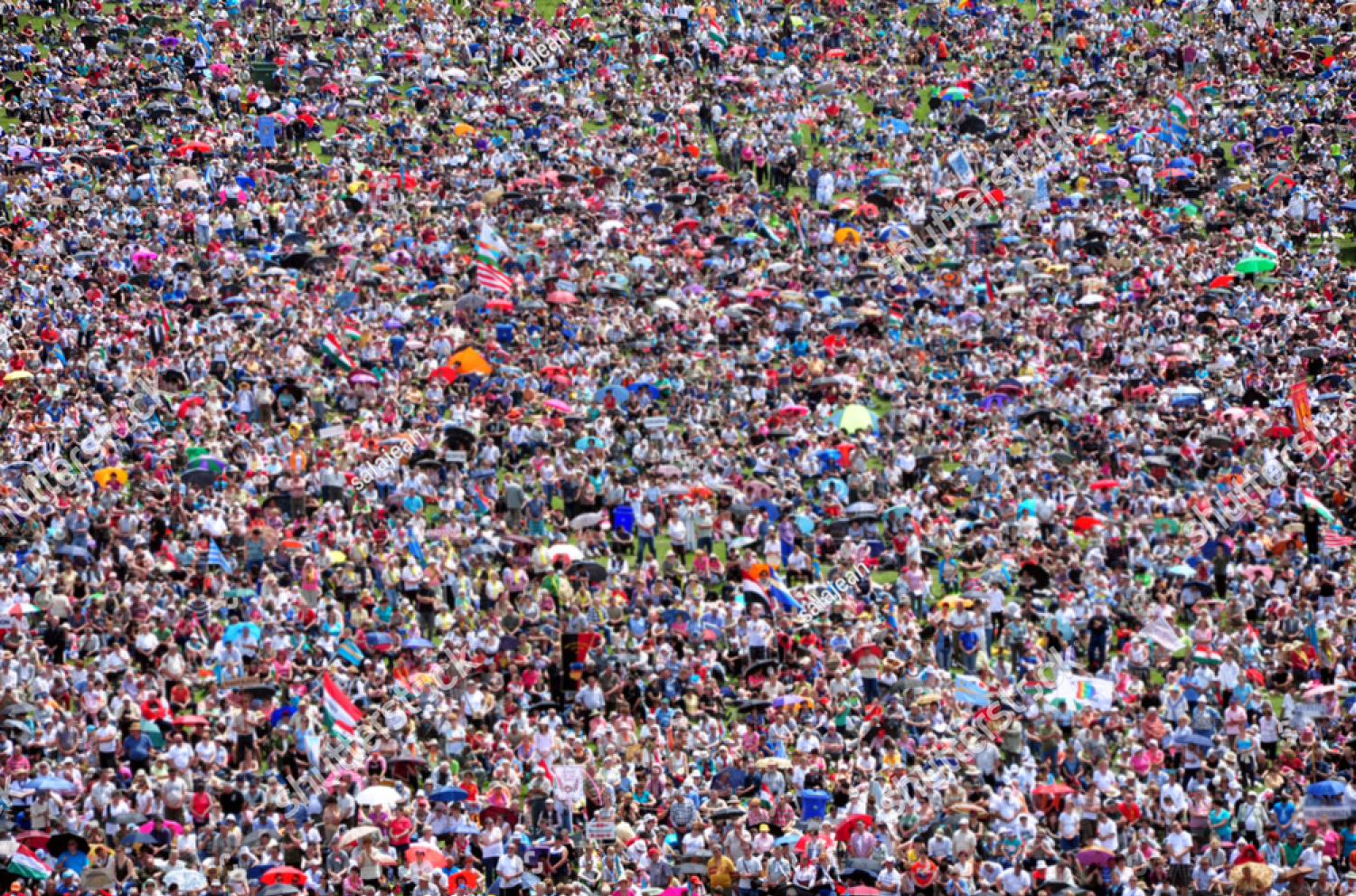

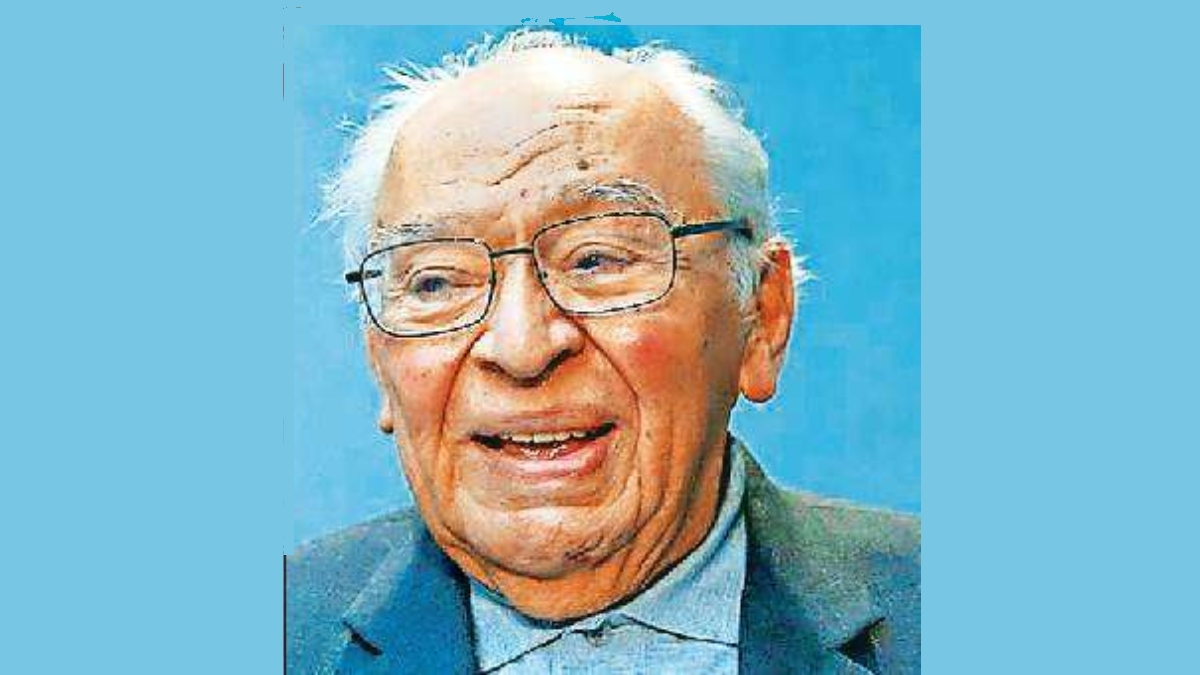
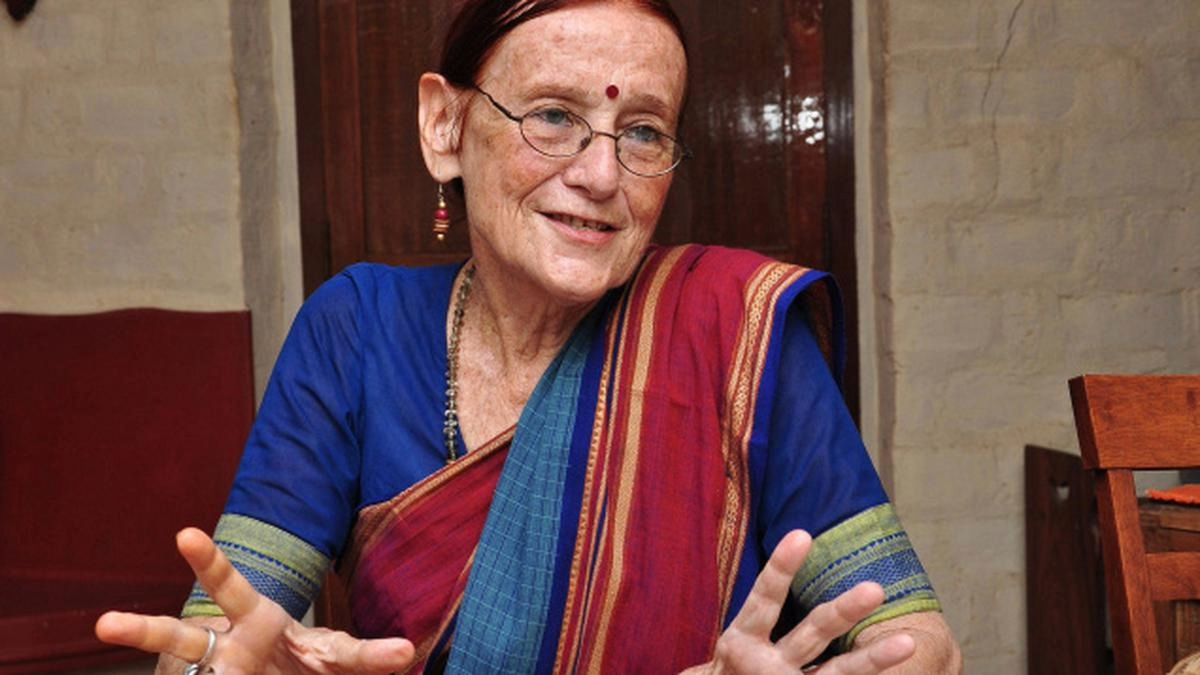
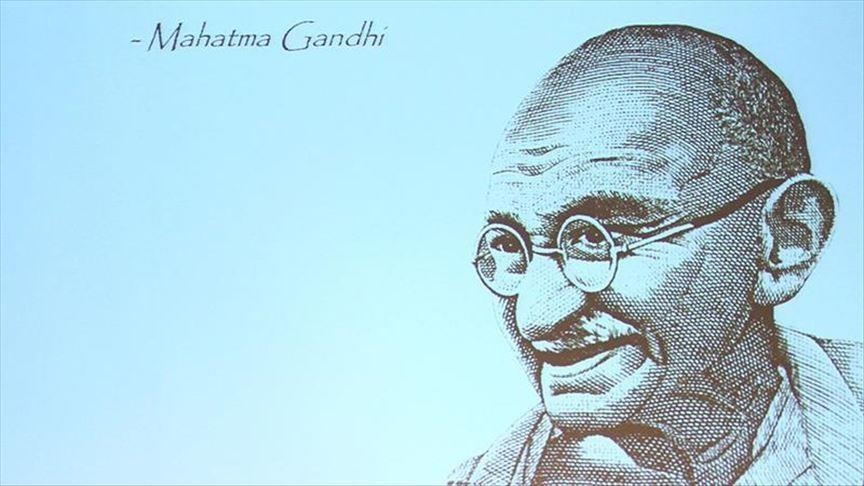
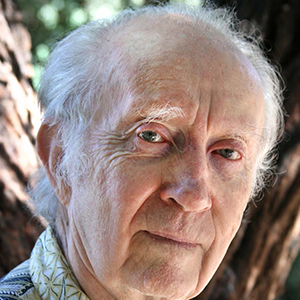
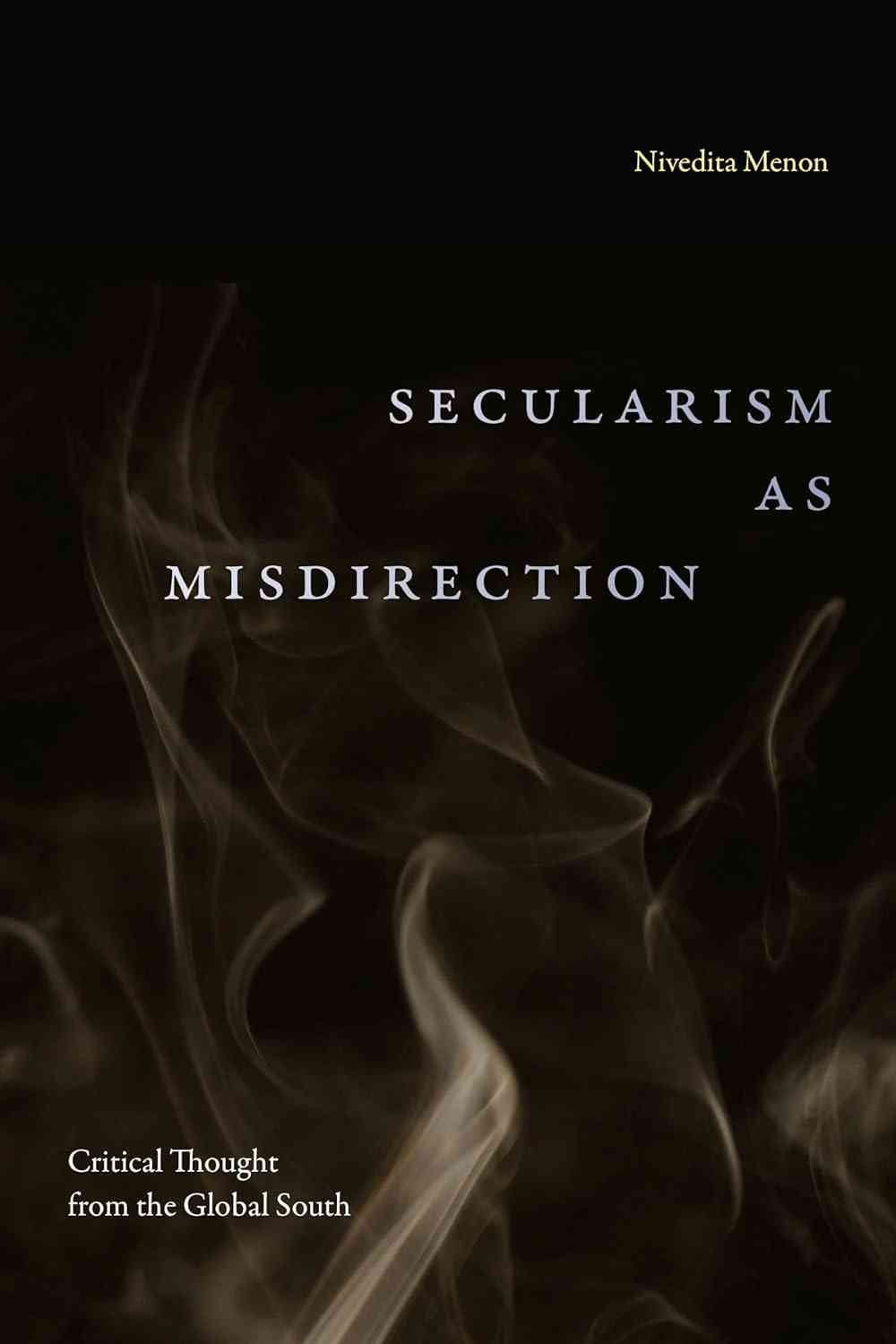
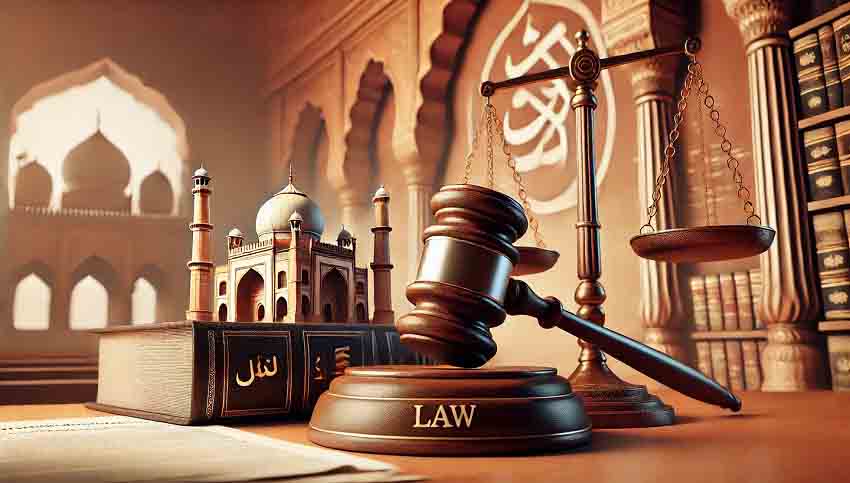
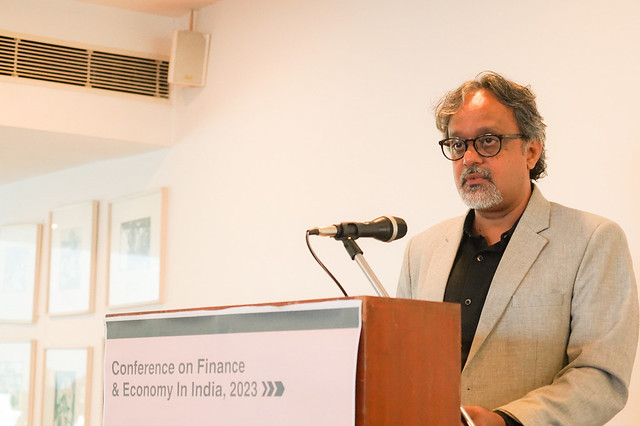


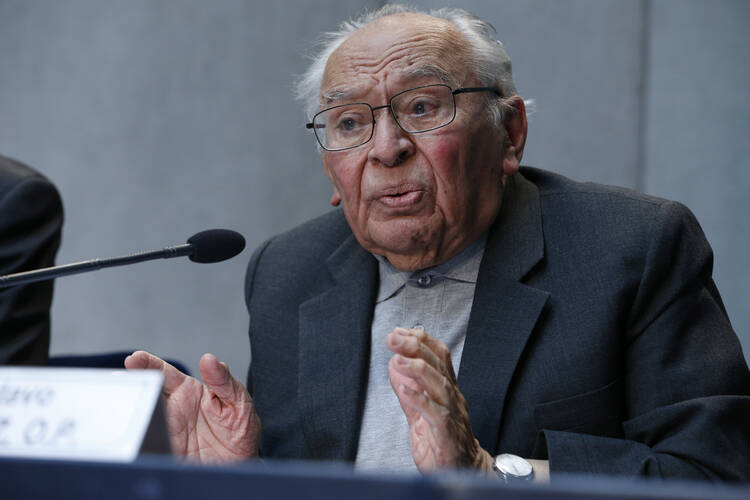
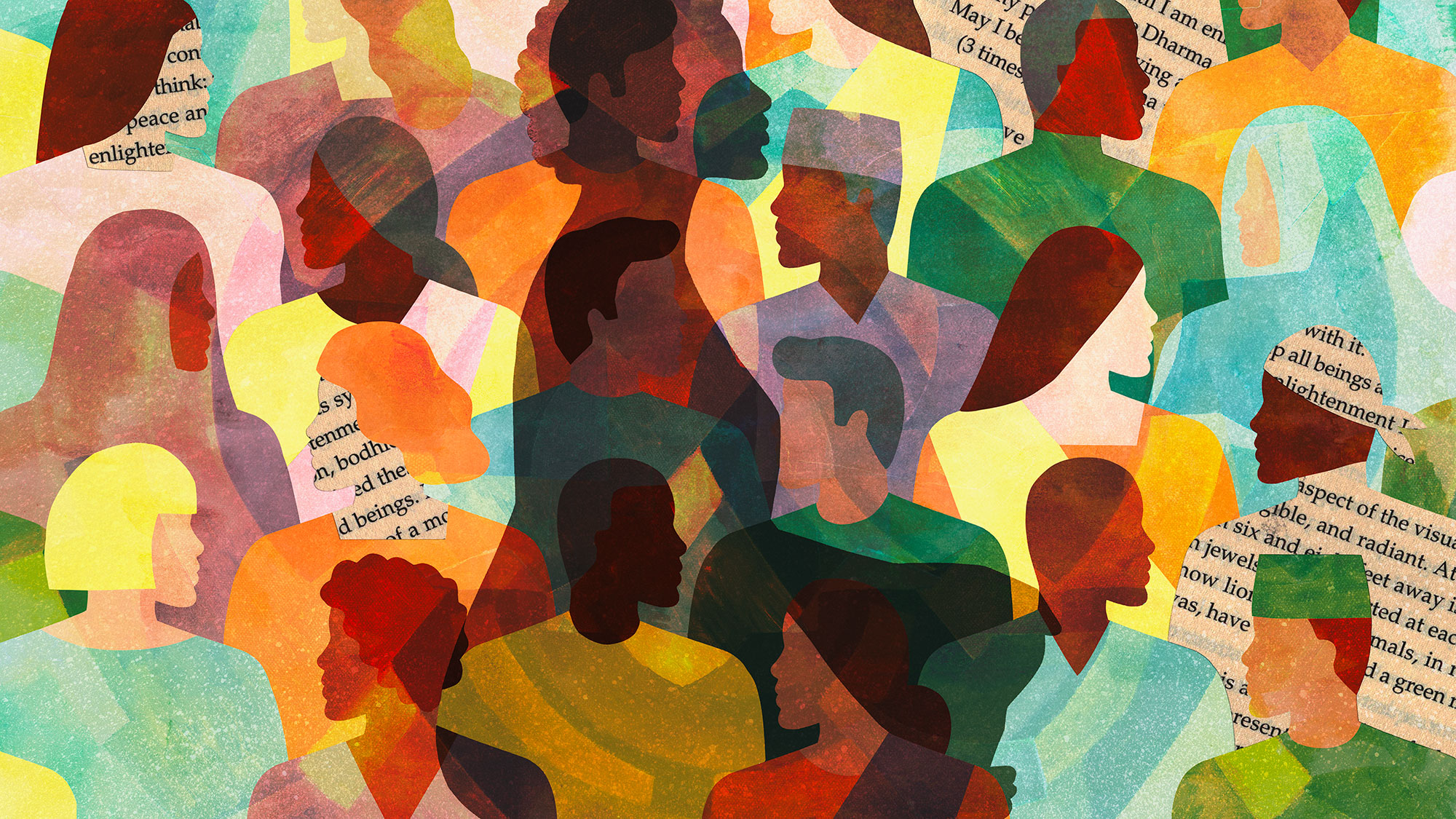
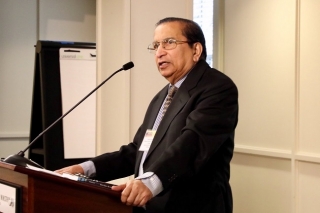
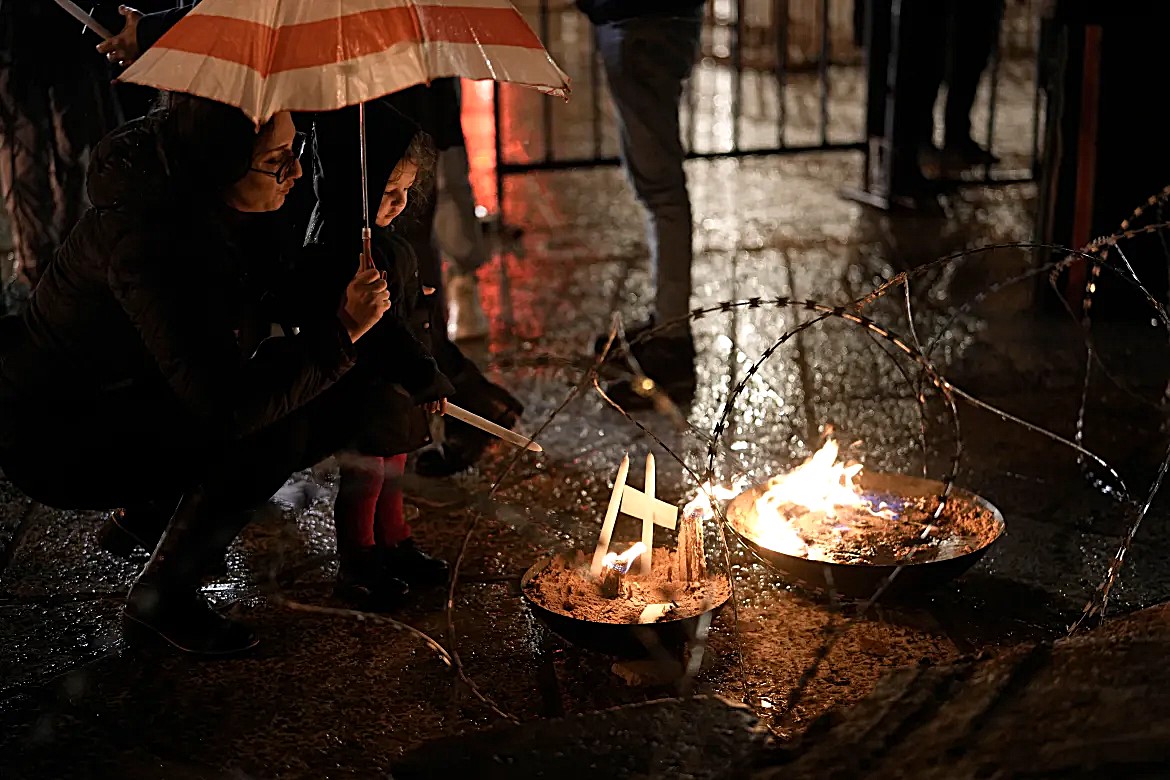
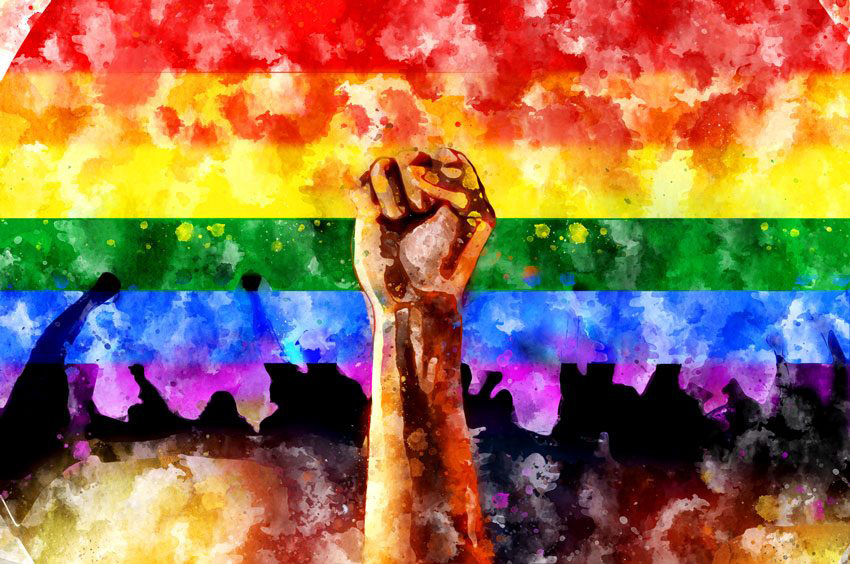
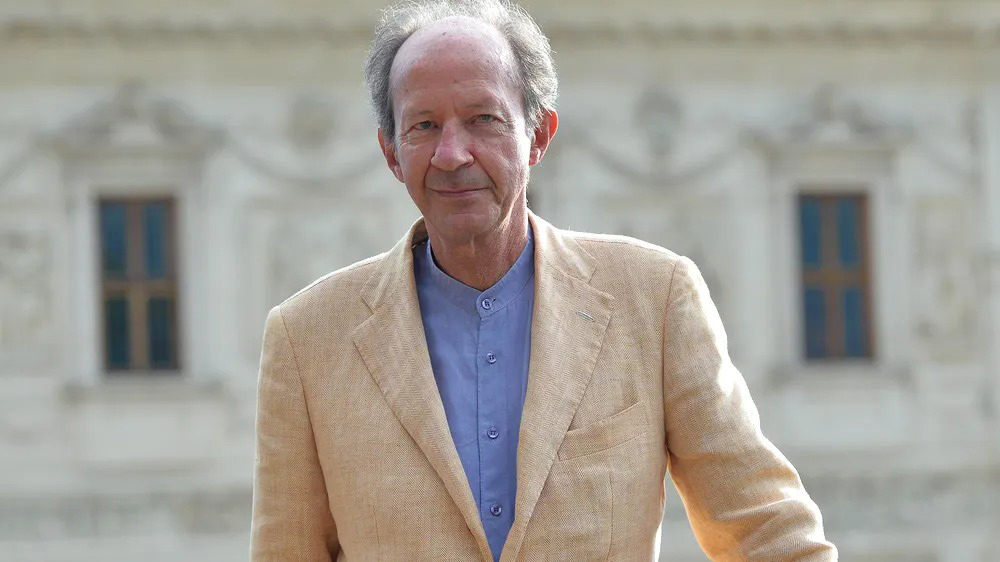
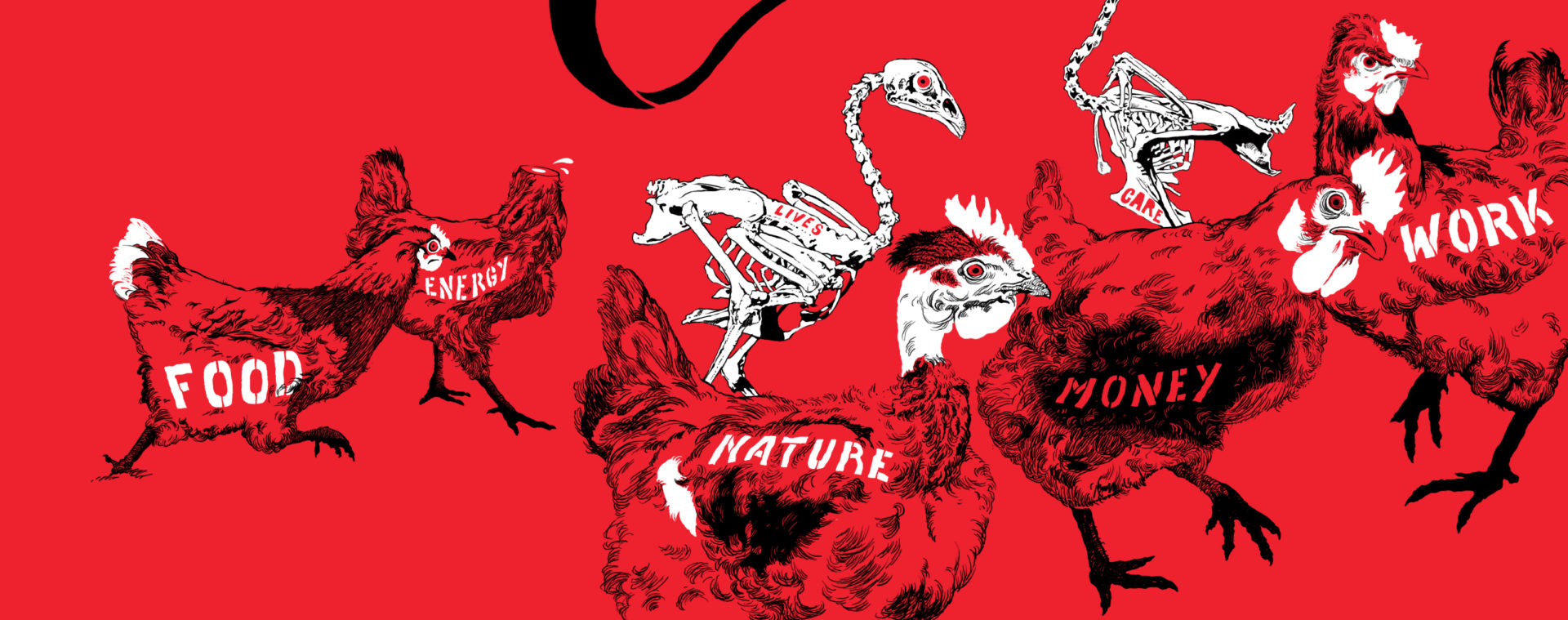
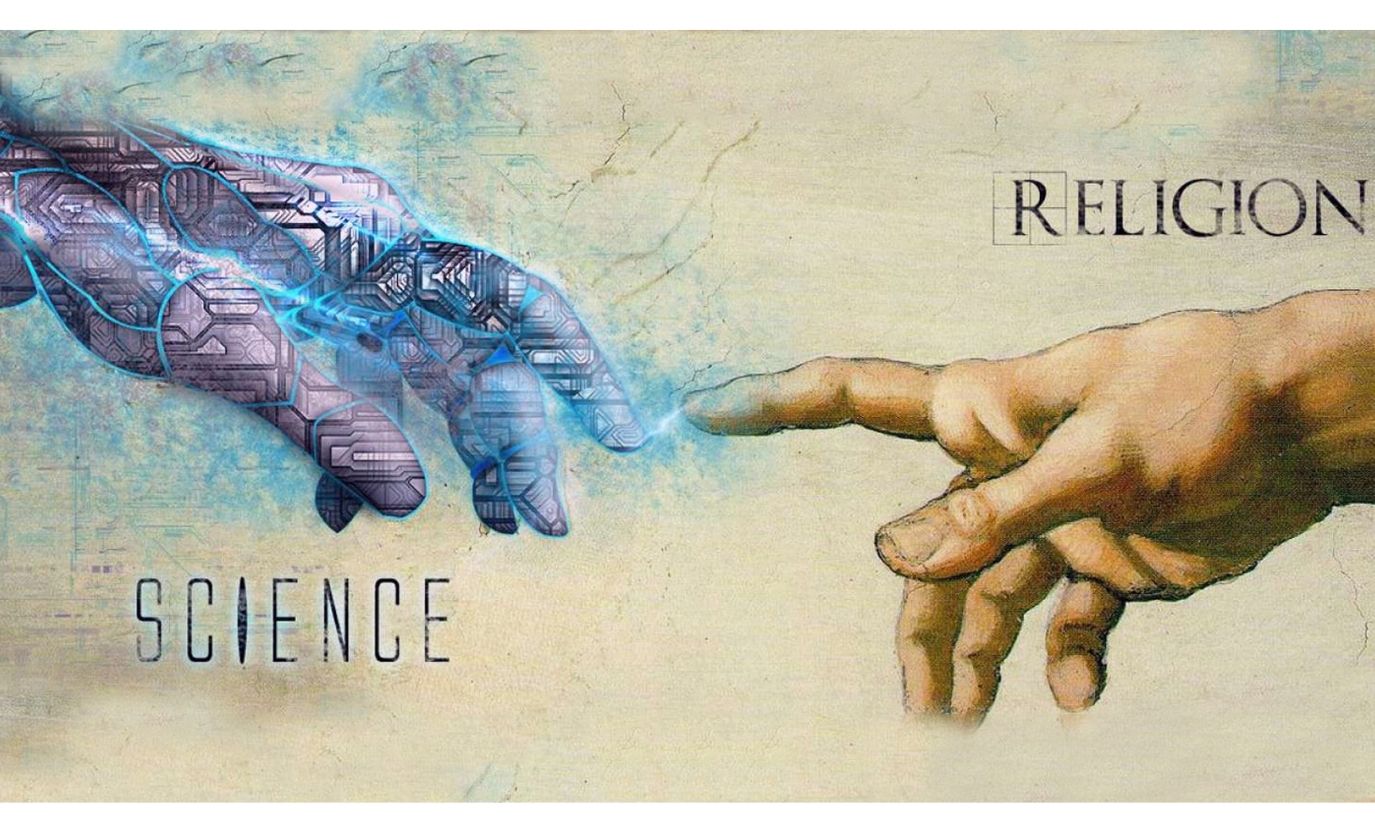
Comments
No Comments